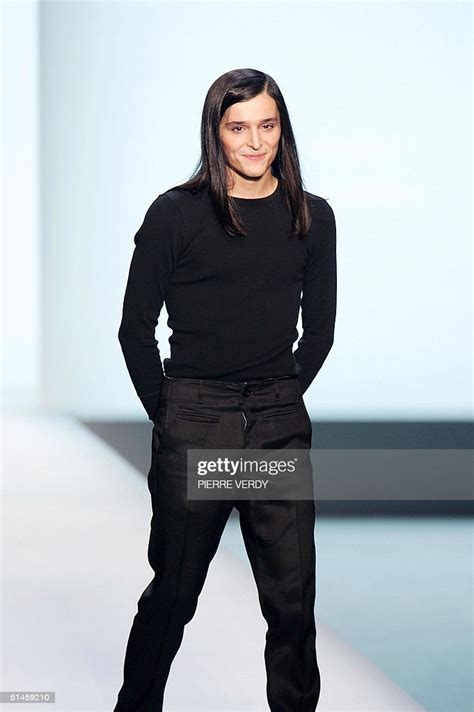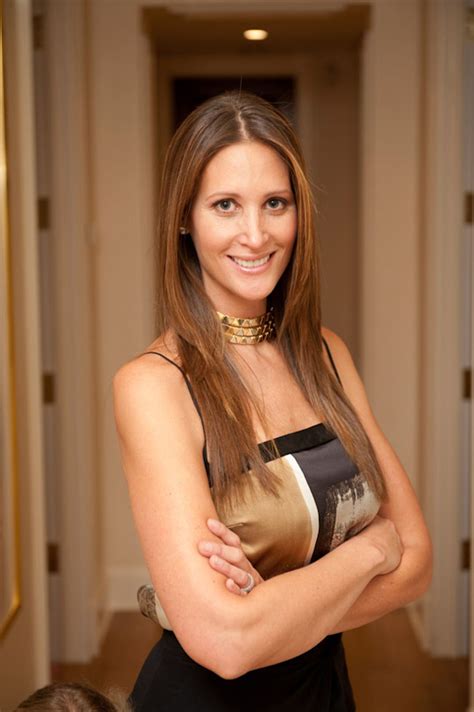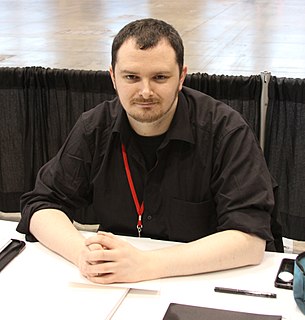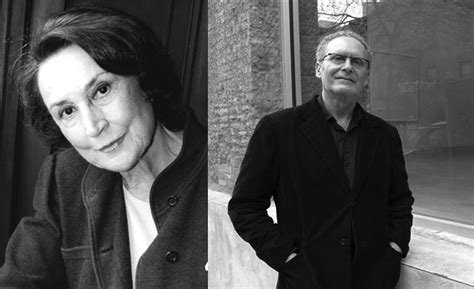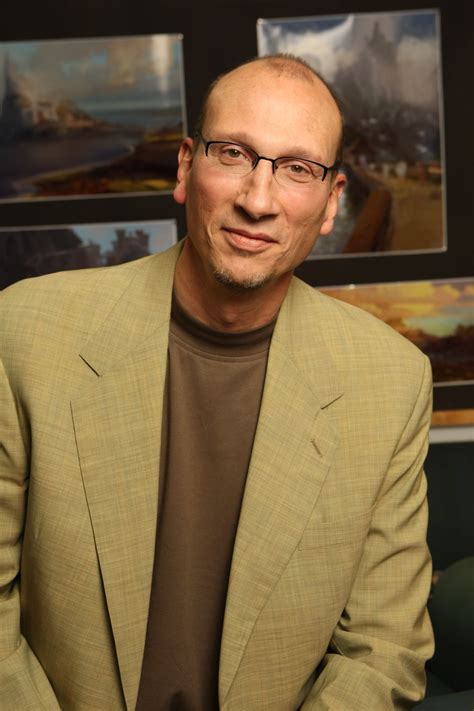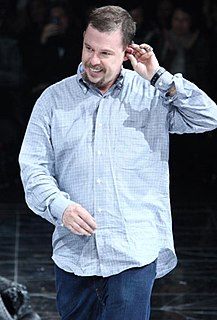A Quote by Olivier Theyskens
I think the relationship is very tenuous between fashion and art. Many designers have built relationships with artists, which is not something I personally did. But it's true, sometimes you see artists working for a designer or a brand on some specific project or taking care of their environment and making an amazing store.
Related Quotes
Artists look at the environment, and the best artists correctly diagnose the problem. I'm not saying artists can't be leaders, but that's not the job of art, to lead. Bob Marley, Nina Simone, Harry Belafonte - there are artists all through history who have become leaders, but that was already in them, nothing to do with their art.
I think it's our responsibility as artists to not only fight for our art but fight for the communities that are the reason we're able to continue making art, especially since, in Brooklyn's case, we as artists somehow made it 'cool' enough for the bigger money-making industries to start taking over.
There is a good deal of art that in some traditions of conceptual work are anti-affect, in fact a very large chunk of mainstream art after 1950 took against affect art altogether because they said, "No, we hate affect art because this is how we get manipulated by totalitarianism and therefore artists shouldn't play that game." And a lot of artists agreed to play that game, which I personally believe is to the loss of art.
I think the four land artists I showed all worked within a few years of each other. And they were standard bearers, I suppose, for land art. They each did very separate things. Apparently, later in California, a lot of artists started working in that medium and there was something of a rush of earthworks. But I wasn't involved with that.
Artists raise their kids differently. We communicate to the point where we probably annoy our children. We have art around the house, we have books, we go to plays, we talk. Our focus is art and painting and dress-up and singing. It's what we love. So I think you can see how artists in some way raise other artists.
Some designers are so airy-fairy people can't connect with them. I hope people can relate to me, to a normal person who just happens to be a fashion designer, that people can take me as they find me. It's not the designer's job to care about what people think. Whatever else I've done, I've never tried to be something that I'm not.
